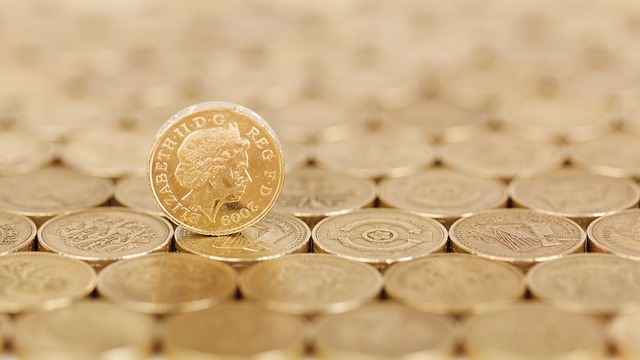In view of the allegations about currency market manipulation, we analyze its role and functioning, why it is critical to fix the value of a currency, and what are the implications of claims for fraud.
What is the Currency Market?
The currency market is the market in which the currencies of the different countries are traded. The volume of currencies traded daily exceeds 5 trillion dollars, which makes it the largest and most liquid financial market worldwide.
About 40% of all transactions take place in the London market, which makes it the world’s largest currency market. The abolition in 1979 of all currency controls in Great Britain, as well as the implementation of a solid infrastructure for the negotiation of the same, contributed decisively to this.
It is necessary to facilitate import and export operations, providing adequate means of payment, financial resources, and enhancing additional levels of demand for goods and services. Without the ability to trade in different currencies, the prospects of companies would be limited and global economic growth would suffer.
Investors also use the forex market. Those who seek to benefit from international diversification need foreign exchange to buy and sell foreign goods and securities. Some investors see currencies as an asset class in itself, negotiating with them to generate alpha.
How does it work?
The negotiation takes place in a global environment between authorized agents (banks, called dealers) to operate in these markets, environment or global network that connects buyers and sellers. The currencies are negotiated bilaterally, being an OTC market (over the counter, or without supervision). One of the challenges for investors is to identify where the market is when they want to negotiate a foreign exchange transaction, due to the lack of transparency associated with the OTC markets such as this one.
The limitation in transparency on transactions, together with the fact that exchange rates affect so many transactions, means that there is a need to have some reference point, that is, an exchange rate that reflects the value of a currency in relation to the others at a certain moment in time.
While there are many fixes in the Forex trading markets around the world, the main ones are determined in London, at 11 and 16 o’clock every day. This fix is generated from the exchange rates of all the operations executed in the market during a time window, say 30 seconds, unlike Labor which is an estimated reference rate (and, therefore, theoretical) from the positions to the purchase and sale of the agents of the interbank market of interest rates in the different trading periods Interchange Financial.
In spite of using the operations actually performed as a basis for the fixing of the fix, there has been concern about the possibility of manipulation in the operations that are computed in the time period established for it, which would affect the determination of the fix or type of reference change.
Who uses the Currency Market
For the ubiquitous role they play. These exchange rates are the one used by companies, investors and asset managers. The exchange rates of the different currencies are those used to value assets and liabilities, and a large number of transactions of goods and services denominated in different currencies. Some investors even operate on the fix rates, giving instructions to their broker to buy, sell or exchange currencies.
The exchange rates set in the Forex or trading market are the basis for both the evaluation of management results and risk management. They are used as a hedge against fluctuations of rates in currencies in order to manage risk, and also for speculative purposes, seeking a financial return as a counterpart for taking a risk.
There are consequences of a scandal by manipulation in the Forex market during the fixing and that effect could extend far beyond the financial sector, affecting any type of business that had international operations relevant to it, as well as retail clients.
How Does Gold Affect the Currency Market?
Gold has a significant impact on the currency value. While the gold standard is long gone, gold is still a commodity that can substitute fiat currencies (legal tender or money backed by the government in full faith). Also, gold can be used as a hedge against inflation.
Gold, then, plays a vital role in foreign exchange markets; it’s an important metal with great value. That’s why you have to look at the recent surge in the price of gold and the rise in people buying gold coins or bullion, to be able to analyze its ability to represent economic health.
Here’s how gold affects the currency market:
1. Gold Used as Fiat Currency Backup
Gold was already used as early as the Byzantine Empire to support fiat currencies. This metal was also used as the reserve currency of the world up to the 20th century, wherein the USA used the gold standard until US President Richard Nixon discontinued it in 1971.
Countries could not print fiat currencies nor paper money. It had to be backed up by gold reserves, so countries kept tons of supplies of gold. Some economists think that the market should return to the gold standard because of the volatility of currencies.
2. Gold Hedge Against Inflation
When the country experiences high inflation rates, many investors buy gold in large quantities. There’s an increased demand for gold during inflation because of its limited supply and inherent value. Gold retains its value much better as compared to other forms of currency. When there’s decreased confidence in currencies, many investors seek for gold because of the fear of fiat currency’s declining value.
3. Gold Purchases Reduce Currency Value
Whenever the central banks buy gold, the domestic currency’s supply and demand are greatly affected. It is because banks merely rely on printing more paper money to purchase gold, creating an excess supply of the paper bill or fiat currency.
